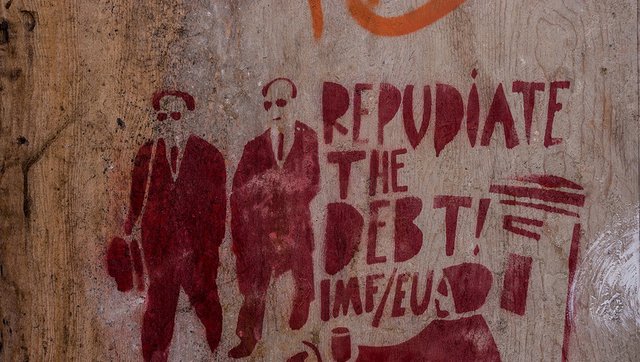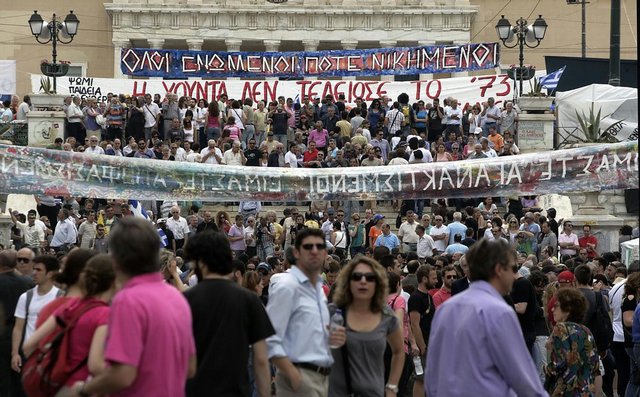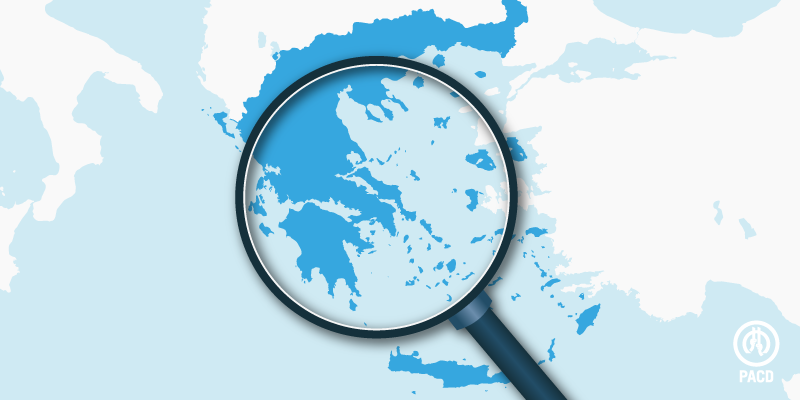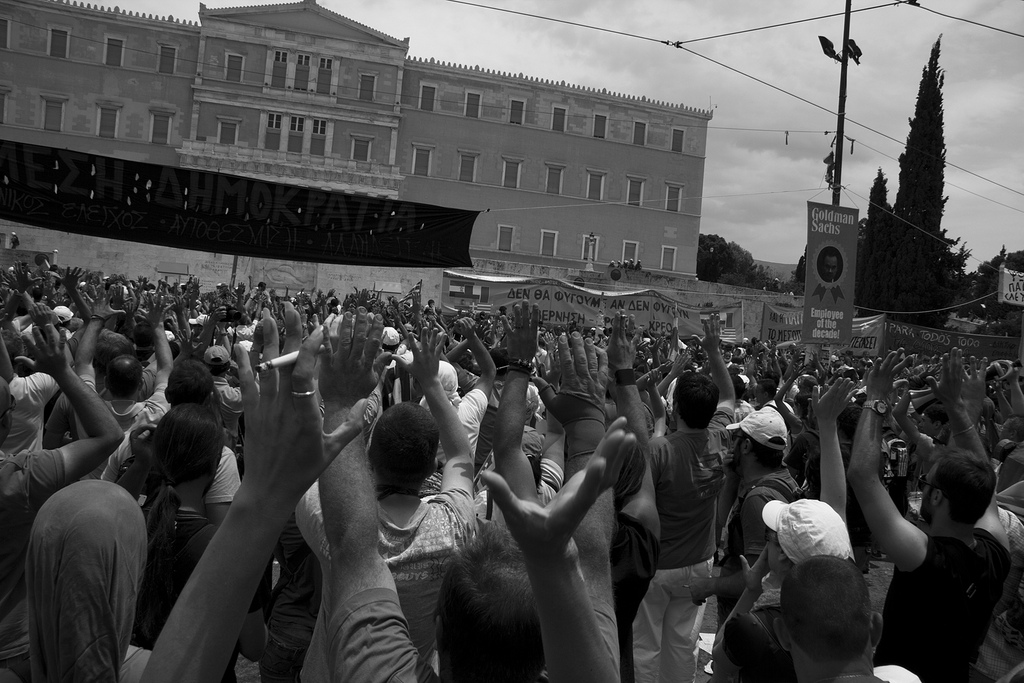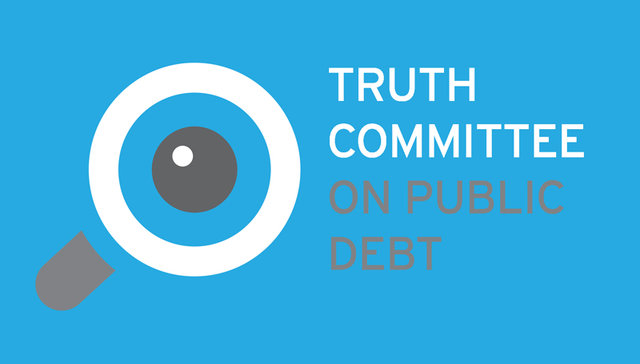Press Release
Hellenic Parliament’s Debt Truth Committee:
Presentation of the Preliminary Findings
The Hellenic Parliament’s Debt Truth Committee will announce on 17-18 June 2015 the preliminary findings of its works, examining the legality and sustainability of the Greek public debt.
The Committee’s works will begin on Wednesday, 17 June 2015 (10:30am)), at the Senate Hall of the Parliament. The opening session will be addressed by
-
Mrs. Zoe Konstantopoulou, President of the Hellenic Parliament
-
Dr. Eric Toussaint, Debt Truth Committee Scientific Coordinator
-
Other state officials and guests from Greece and abroad
at the presence of Prime Minister, Mr. Alexis Tsipras.
A summary of the preliminary findings will be presented at the opening session, while a detailed presentation of the report, chapter by chapter, by members of the Debt Truth Committee will follow.
The works of the Committee will continue on Thursday morning at 10:30 and conclude with a press conference, which will be held at the Hellenic Parliament Lounge (“Entefktirio”) at 16:00.
The works will be open for the media, while interpretation will be available for foreign press correspondents and press foreign guests.

